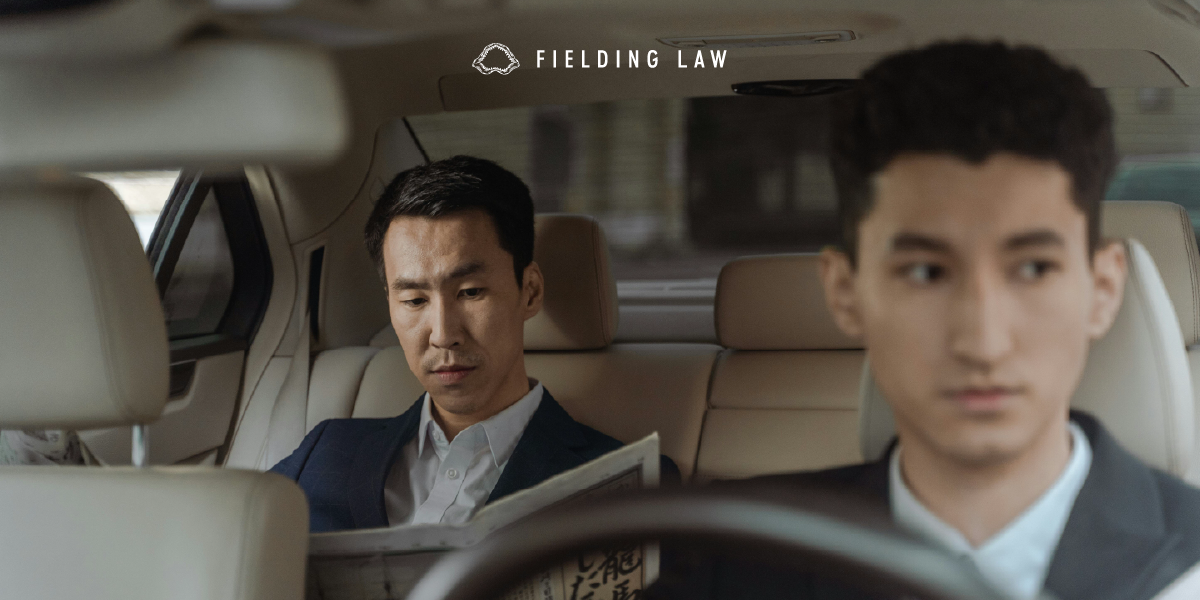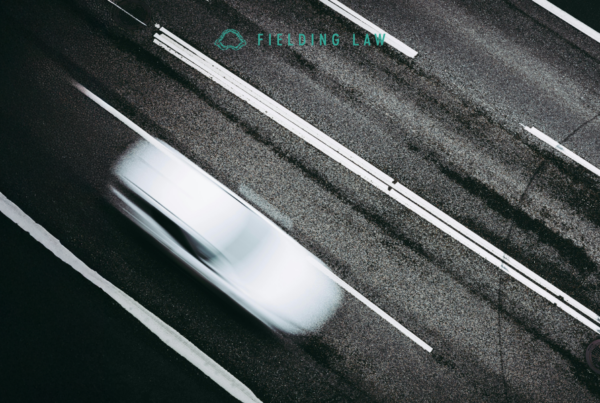Understanding the Differences in Passenger Claims
When passengers are injured in an accident involving a rideshare vehicle or a traditional taxi, the process for seeking compensation can be very different. Knowing these distinctions can help protect your rights and ensure you take the right steps after an accident.
Rideshare Accident Claims
Rideshare services such as Uber and Lyft operate under a different legal and insurance framework than traditional taxis. These companies classify their drivers as independent contractors, not employees. Because of this, liability and coverage depend on the driver’s status at the time of the accident:
-
App Off: If the driver is not logged into the rideshare app, their personal auto insurance applies.
-
App On, Waiting for a Ride: Limited liability coverage from the rideshare company may apply, in addition to the driver’s own insurance.
-
Ride Accepted or Passenger in Vehicle: The rideshare company’s full commercial policy, often up to $1 million in liability coverage, generally applies.
Passengers can benefit from these policies, but insurance companies may dispute who is liable or how much compensation is owed.
Traditional Taxi Accident Claims
Taxi companies operate under a more traditional business structure, with drivers typically considered employees or licensed contractors working under strict company rules. Key differences include:
-
Commercial Insurance: Taxis must carry commercial insurance policies, often with set minimum coverage mandated by local laws.
-
Direct Company Liability: If the driver was at fault, the taxi company is usually directly liable for damages because of the employment relationship.
-
Fewer Coverage Tiers: Unlike rideshare claims, there are not separate coverage levels based on the driver’s “status.” If the taxi was on duty, the commercial policy should apply.
What Passengers Should Know
Whether you are injured in a rideshare or taxi accident, your rights and options depend on the circumstances and local laws in California and Arizona.
Important tips for passengers:
-
Seek medical attention immediately to document your injuries.
-
Gather evidence such as driver information, vehicle details, and witness statements.
-
Understand coverage before making statements to insurance companies.
-
Consult an attorney familiar with rideshare accident claims who understands both rideshare and taxi regulations.
Why Hire Fielding Law
At Fielding Law, we know how overwhelming the aftermath of an accident can be. Our caring and capable team has the knowledge to navigate the unique challenges of rideshare and taxi accident claims in both California and Arizona. We are committed to protecting your rights and ensuring you receive fair compensation for your injuries. Call 833.88.SHARK to speak with our team today.
Understanding the Differences in Passenger Claims
When passengers are injured in an accident involving a rideshare vehicle or a traditional taxi, the process for seeking compensation can be very different. Knowing these distinctions can help protect your rights and ensure you take the right steps after an accident.
Rideshare Accident Claims
Rideshare services such as Uber and Lyft operate under a different legal and insurance framework than traditional taxis. These companies classify their drivers as independent contractors, not employees. Because of this, liability and coverage depend on the driver’s status at the time of the accident:
-
App Off: If the driver is not logged into the rideshare app, their personal auto insurance applies.
-
App On, Waiting for a Ride: Limited liability coverage from the rideshare company may apply, in addition to the driver’s own insurance.
-
Ride Accepted or Passenger in Vehicle: The rideshare company’s full commercial policy, often up to $1 million in liability coverage, generally applies.
Passengers can benefit from these policies, but insurance companies may dispute who is liable or how much compensation is owed.
Traditional Taxi Accident Claims
Taxi companies operate under a more traditional business structure, with drivers typically considered employees or licensed contractors working under strict company rules. Key differences include:
-
Commercial Insurance: Taxis must carry commercial insurance policies, often with set minimum coverage mandated by local laws.
-
Direct Company Liability: If the driver was at fault, the taxi company is usually directly liable for damages because of the employment relationship.
-
Fewer Coverage Tiers: Unlike rideshare claims, there are not separate coverage levels based on the driver’s “status.” If the taxi was on duty, the commercial policy should apply.
What Passengers Should Know
Whether you are injured in a rideshare or taxi accident, your rights and options depend on the circumstances and local laws in California and Arizona.
Important tips for passengers:
-
Seek medical attention immediately to document your injuries.
-
Gather evidence such as driver information, vehicle details, and witness statements.
-
Understand coverage before making statements to insurance companies.
-
Consult an attorney familiar with rideshare accident claims who understands both rideshare and taxi regulations.
Why Hire Fielding Law
At Fielding Law, we know how overwhelming the aftermath of an accident can be. Our caring and capable team has the knowledge to navigate the unique challenges of rideshare and taxi accident claims in both California and Arizona. We are committed to protecting your rights and ensuring you receive fair compensation for your injuries. Call 833.88.SHARK to speak with our team today.
Note: Information provided is for educational purposes and does not constitute legal advice. Always consult with a qualified attorney for legal concerns.





